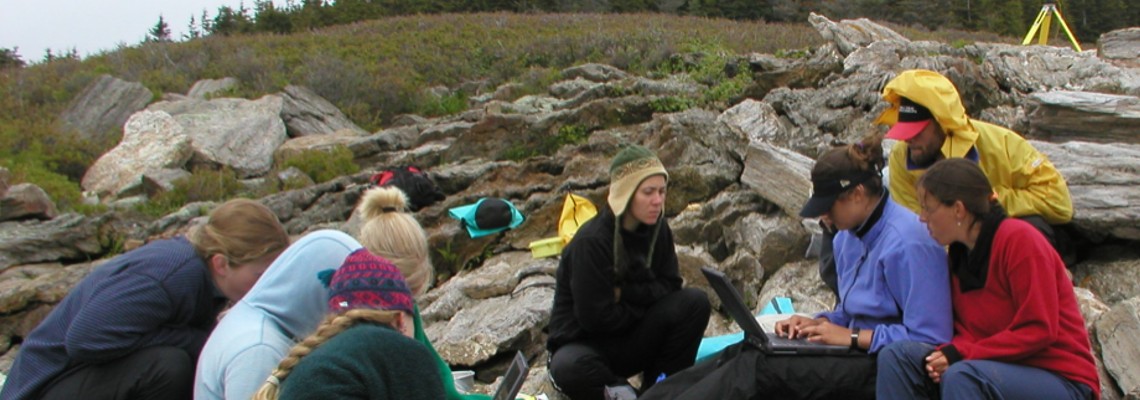Geography-Anthropology is an interdisciplinary program that emphasizes the integration of the two disciplines and the common interests in examining the relationship between human populations and their natural and built environments. The program offer specializations in three areas: Sustainable Cultures and Communities, Cultural and Natural Heritage Management, and Applied Geographic Information Systems (GIS) and Geospatial Analysis.
The program and courses emphasize both conceptual and applied learning. Students engage in case studies, community-engaged and client-based projects and intensive field and lab analysis. The degree requires 36-39 credits.
Real-world Learning
We offer a curriculum that engages students in critical thinking and real-world problem solving and students are involved in qualitative and quantitative data collection in the field and analysis in our labs. The results include student publications, student conference presentations, and research and cartographic contributions to faculty publications.
Assistantships, Fellowships, and Field Work
Our students also receive assistantships and fellowships from NASA and the National Science Foundation. Geography and anthropology are disciplines grounded in fieldwork. As a result, our students are involved in fieldwork, data collection and lab analysis as part of their curriculum or as part of their work-study or independent study opportunities.
Students are also required to have internship or fieldwork experiences, to be able to write well and communicate effectively, and to have a basic understanding of analytical techniques.
Flexible Course Schedules
Courses are offered on both campuses during day and evening hoursand on-line; the department and faculty offices are located in Gorham.
Geography-Anthropology Student Learning Outcomes:
- An appreciation of cultural or ethnic diversity and a knowledge of global geography.
- An understanding of the relationship between people and the environment, today, and in the past.
- An understanding of human evolution as both a biological and a cultural process.
- A knowledge and appreciation of the connections between Maine, New England and the World.
- A responsiveness to local and regional concerns including heritage, present issues and future prospects for the region
- An ability to use research methods to solve complex questions
- A knowledge of the theory and practice of qualitative research techniques
- Cartographic skills
- An ability to formulate good research questions and to think critically, and
- An ability to apply the skills of our training to real-world problem solving.
Student Organizations and Member Affiliations
Careers
Graduates of the Geography-Anthropology program at USM have the opportunity to pursue many different and exciting career options.
Learn more about career resources and opportunities to lead in your field.


